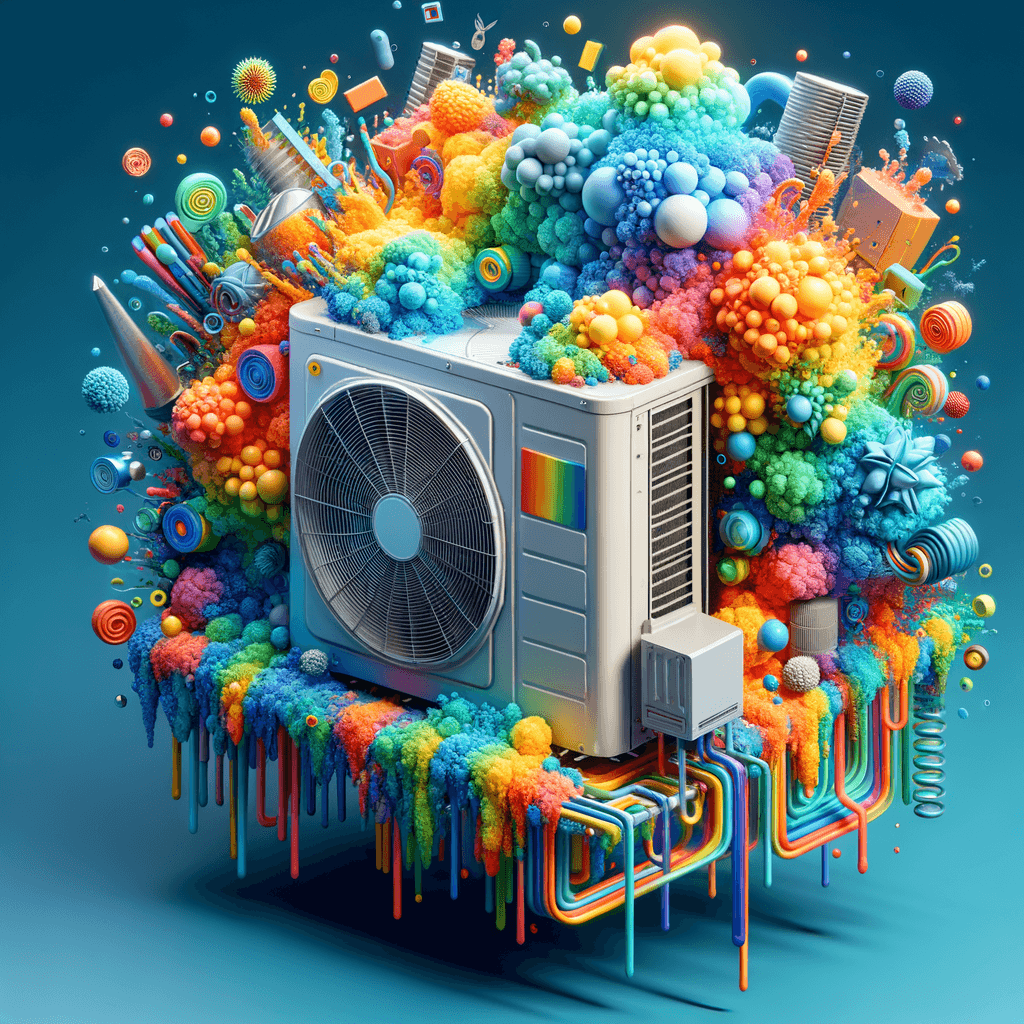
The Crucial Role of Air Conditioning Insulation: Maximizing Efficiency and Minimizing Losses
By Total Care Air Conditioning Tue Oct 28 20257 minutes

Why Air Conditioning Insulation Matters More Than You Think
Insulation in air conditioning systems is often overlooked, yet it plays a pivotal role in determining both efficiency and comfort. Uninsulated or poorly insulated ducts and refrigerant lines can lead to significant thermal losses, increased energy bills, and inconsistent cooling throughout your space. Understanding the science behind insulation helps homeowners and facility managers appreciate its impact on system performance.Types of Insulation Used in Air Conditioning Systems
- Flexible elastomeric foam: Excellent for refrigerant lines due to its closed-cell structure and resistance to moisture.
- Fiberglass duct wrap: Commonly used for large ductwork, offering strong thermal resistance.
- Rigid foam boards: Ideal for exterior ductwork or where mechanical protection is needed.
- Reflective foil insulation: Useful in attics or spaces with high radiant heat gain.
Key Benefits of Proper Air Conditioning Insulation
Investing in high-quality insulation for your air conditioning system goes beyond energy savings. The advantages extend to system longevity, indoor air quality, and even noise reduction.- Reduces thermal losses and energy waste, resulting in lower utility bills.
- Minimizes condensation and the risk of mold or mildew inside ducts.
- Enhances overall cooling consistency across rooms or zones.
- Extends the lifespan of HVAC components by reducing workload.
- Dampens operational noise from moving air or refrigerant.
“A well-insulated air conditioning system is the foundation for sustainable comfort and operational savings.”
Common Insulation Mistakes to Avoid
Even the best insulation materials can fail if installed incorrectly. Homeowners and technicians sometimes make avoidable errors that compromise system efficiency and lead to costly repairs.- Leaving gaps or compressing insulation, which reduces its effectiveness.
- Failing to seal joints and seams, allowing air leaks and moisture ingress.
- Using inappropriate insulation types for specific applications (e.g., using fiberglass in high-moisture areas).
- Neglecting to insulate refrigerant lines, leading to condensation and energy loss.
Insulation Thickness and R-Value: What’s Right for Your System?
Choosing the correct insulation thickness and R-value is crucial for optimal performance. Factors such as climate zone, duct location, and system type all influence the ideal specification. Consult with a certified HVAC professional to determine the best solution for your environment.| Application | Recommended R-Value (US) | Typical Thickness |
| Interior Ducts | R-4.2 to R-6 | 1-2 inches |
| Attic Ducts | R-8 or higher | 2-3 inches |
| Refrigerant Lines | R-3.3 or higher | 1/2 to 1 inch |
Signs Your Air Conditioning Insulation Needs Attention
Recognizing when insulation is underperforming can prevent long-term damage and inefficiency. Regular inspections should be part of your seasonal maintenance routine.- Visible condensation or water stains on ducts or lines.
- Uneven cooling or unexplained spikes in energy consumption.
- Peeling, cracking, or missing insulation material.
- Noticeable increase in system noise.
Future Innovations: Smart Insulation and Sustainable Materials
The HVAC industry is witnessing the emergence of smart insulation technologies—materials that adapt to temperature fluctuations and integrate with building management systems for real-time performance monitoring. Additionally, eco-friendly insulation options made from recycled or plant-based materials are gaining traction, promising reduced environmental impact without sacrificing thermal performance.“The next generation of air conditioning insulation will be both intelligent and sustainable, redefining what’s possible for comfort and efficiency.”
Frequently Asked Questions About Air Conditioning Insulation
- How often should air conditioning insulation be inspected? – At least once per year, ideally during seasonal tune-ups.
- Can I install insulation myself, or should I hire a professional? – Minor repairs can be DIY, but full installation or replacement is best handled by certified technicians.
- Does insulation help with both cooling and heating? – Yes, proper insulation reduces energy losses year-round, improving efficiency in both modes.